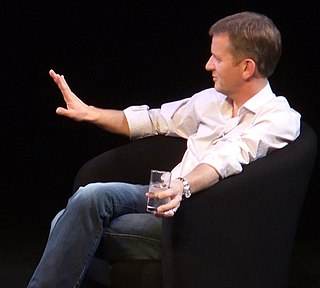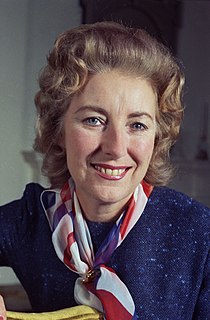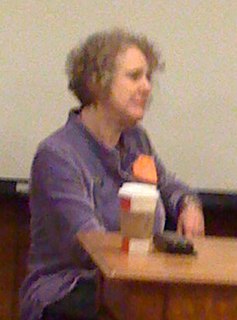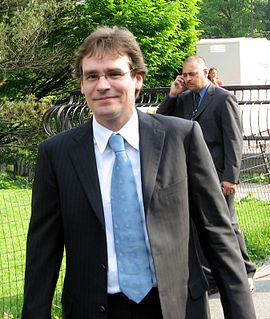A Quote by Jude Deveraux
Everyone wanted his relatives to be proud of him, didn't he?
Related Quotes
I wanted to walk over there. I wanted to curl up beside him, lean against him, talk to him. I wanted to know what he was thinking. I wanted to tell him everything would be okay. And I wanted him to tell me the same thing. I didn't care if it was true or not- I just wanted to say it. To hear it, to feel his arms around me, hear the rumble of his words, that deep chuckle that made me pulse race
I kissed him, trying to bring him back. I kissed him and let my lips rest against his so that our breath mingled and the tears from my eyes became salt on his skin, and I told myself that, somewhere, tiny particles of him would become tiny particles of me, ingested, swallowed, alive, perpetual. I wanted to press every bit of me against him. I wanted to will something into him. I wanted to give him every bit of life I felt and force him to live.
It's odd how a person always arouses admiration for his moral qualities among the relatives of another with whom he has sexual relations. Physical love, so unjustifiably decried, makes everyone show, down to the least detail, all he has of goodness and self-sacrifice, so that he shines even in the eyes of those nearest to him.
Sixty percent of our immigrants are admitted merely because they have relatives here. Many of these people are not immediate relative, but are part of extended families. The nepotistic U.S. policy lets in relatives then lets in the relatives' relatives, and so on, creating an endless and ever growing chain of new immigrants.
Gabriel pulled her over his body to lie on the bed beside him. His kisses pressed her down into the oblivion of the mattress as her hands explored his chest, his shoulders, his face. "I want to lay my kill at your feet," he said, more growl than words, and held her tight by her hair as he marked her neck with his teeth. She writhed against him. She wanted to bite him, she wanted to rip the flesh from his back, but most terrible of all, she didn't want him to stop. Her back arched, her body shattered, she howled.
Nico di Angelo came into Olympus to a hero's welcome, his father right behind him, despite the fact that Hades was only supposed to visit Olympus in winter solstice. The God of the dead looked stunned when his relatives clapped him on the back. I doubt he'd ever got such an enthusiastic welcome before.
For here we are so blind and foolish that we never seek God until he, of his goodness, shows himself to us. It is when we do see something of him by his grace that we are stirred by that same grace to seek him, and with earnest longing to see still more of his blessedness. So I saw him and sought him; I had him and wanted him. It seems to me that this is and should be an experience common to us all.
The believer is sensible of his infirmities, for it is supposed that he is wrestling under them. He sees, he feels, that he is not man enough for his work; that his own hands are not sufficient for him, nor his own back for his burden; this is what drives him out of himself to the grace that is in Christ Jesus. And thus he lies open to the help of the Spirit, while proud nature in unbelievers is left helpless.





































